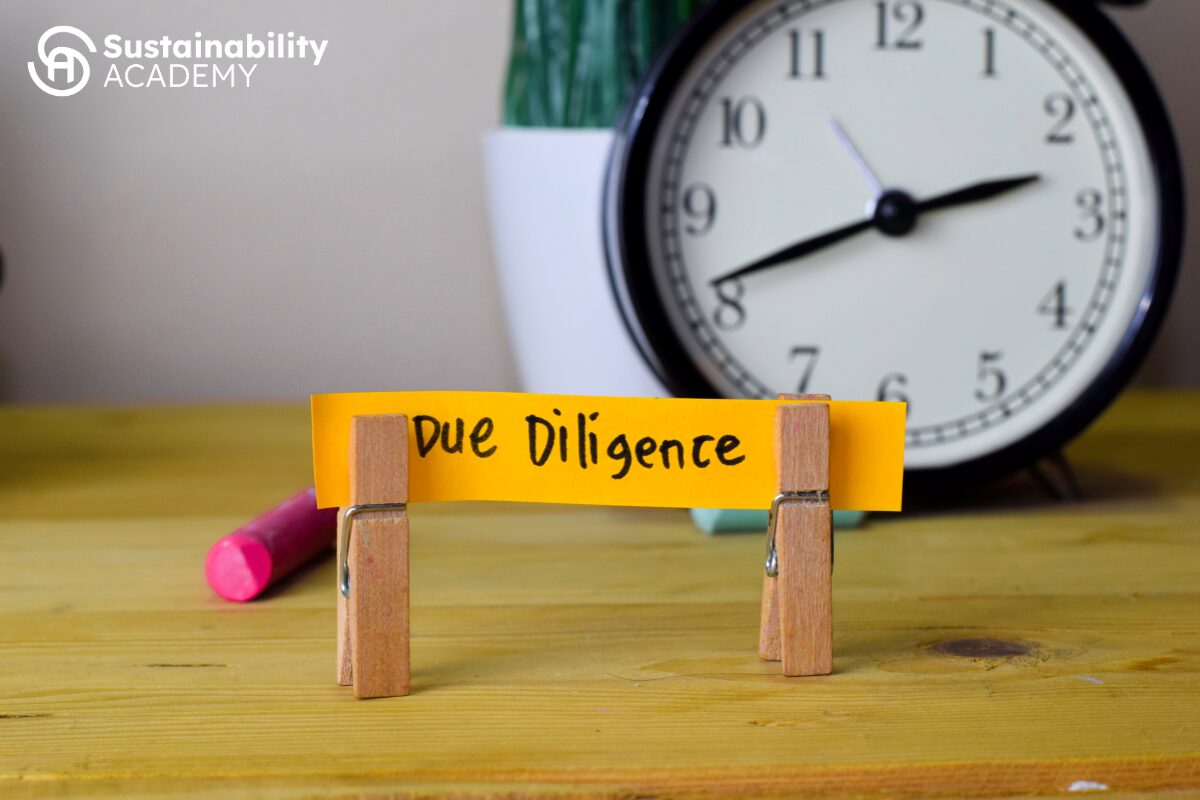The upcoming Corporate Sustainable Due Diligence Directive (CSDDD) represents a significant shift towards integrating sustainability into the core of business operations and it is expected to be enacted by the end of 2024.
On December 14, 2023, a pivotal agreement was reached between the Council of the EU and the European Parliament on the Corporate Sustainability Due Diligence Directive (CSDDD), setting the stage for its official approval by both entities. This development signals the imminent implementation of the CSDDD, which aims to profoundly transform the obligations of corporations concerning human rights and environmental standards within the EU and internationally.
The directive mandates companies to identify, prevent, mitigate and account for the impact of their activities on human rights and the environment through their entire value chain, upstream and downstream. Approximately 13.000 companies inside the EU and 4,000 additional companies incorporated outside the EU are in scope of the CSDDD.
Key Requirements of the Corporate Sustainable Due Diligence Directive (CSDDD)
The CSDDD outlines several key requirements:
- Conducting thorough risk assessments to identify potential adverse impacts.
- Implementing effective actions to prevent or mitigate identified risks.
- Establishing a complaints procedure for affected parties.
- Regularly reporting on due diligence efforts and outcomes.
5 steps on how to comply with the Corporate Sustainable Due Diligence Directive
- Assessment of Current Practices
The first step is a comprehensive gap analysis. This involves reviewing your current operations, policies, and supply chains to identify areas that may not meet the CSDDD’s requirements. Understanding these gaps is the first step toward compliance.
- Policy Development and Implementation
Develop policies that articulate your commitment to identifying, preventing, and mitigating adverse impacts on human rights and the environment. These policies should be implemented across all business activities, ensuring that they are understood and adhered to by all employees and stakeholders.
- Strengthening Supply Chain Due Diligence
Map your supply chain in detail, identifying where risks of adverse impacts are highest. Engage with suppliers to ensure they also comply with the principles of the CSDDD. This may involve working closely with them to improve practices and reporting mechanisms.
- Reporting and Documentation
Maintain detailed records of your due diligence processes, findings, and actions taken. The CSDDD requires transparent reporting, so developing a robust system for documenting your efforts is crucial.
- Continuous Monitoring and Improvement
Compliance is not a one-time effort but an ongoing process. Establish mechanisms for regular monitoring of compliance and continuously seek ways to improve your due diligence processes.
Equip with all the necessary tools to build a resilient and efficient sustainable supply chain by registering to the Online Diploma on Sustainable Supply Chain Management course. Transform your organization’s climate pledges into actionable strategies through better supply chain management and be prepared for the upcoming challenges in your sector.
Online Diploma on Sustainable Supply Chain Management

In order to meet the latest sustainability challenges in supply chain management, the Sustainability Academy has introduced a brand-new course, the Online Diploma on Sustainable Supply Chain Management.
The course aims to equip professionals with all the necessary skills and knowledge in order to apply sustainable practices to supply chains. Additionally, it gives an insight on how to start a sustainable supply chain, using appropriate criteria/platforms, and comply with key ESG Ratings and Reporting Standards requirements, supporting the transparency of supply chains.
The course will also help you understand critical related concepts and trends, such as circular economy, sustainable packaging, scope 3 and net zero emissions.
Why choose Sustainability Academy Certified Courses?
- Offer a unique Certification accredited by CPD in an affordable manner trusted by global Fortune 500 companies and global accounting firms for their staff education
- Content created by Sustainability thought leaders, professors and trainers with practical experience in the field of sustainability
- Self-paced Courses that can be completed anytime within 45 days
- Up-to-date content revised on annual basis that includes new legislations and trends based in field research
- Joined by thousands of learners from 90 countries, including Sustainability professionals, graduates and entrepreneurs from various sectors

